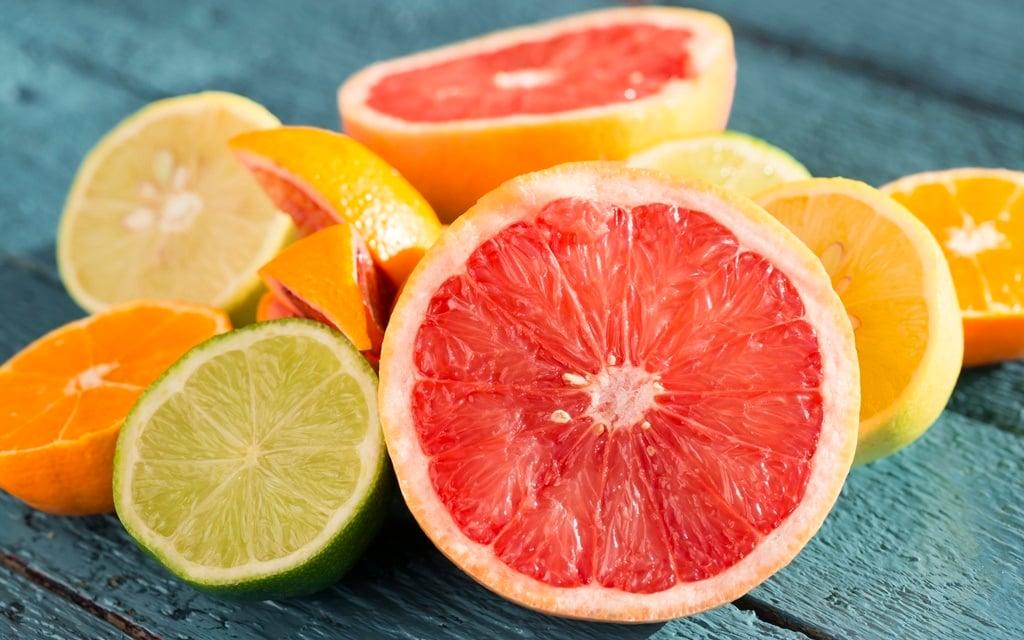Africa-Press – South-Africa. A stalemate regarding new European Union regulations impacting SA citrus exports spells disaster for the 2023 season if the government cannot resolve it soon, the Citrus Growers’ Association (CGA) warned on Wednesday.
The new EU rules, implemented in July last year, aim at tackling the potential spread of an insect called the false codling moth, a pest native to sub-Saharan Africa and which feeds on fruits, including oranges and grapefruit.
The new measures require South African farmers to apply extreme cold treatment to all Europe-bound oranges and keep the fruits at temperatures of two degrees Celsius or lower for 25 days. But the CGA claims this measure is unnecessary as SA has proven that it already has its own, more targeted, way of preventing infestation.
Citrus exports from SA sustain more than 140 000 local jobs and bring in R30 billion of export revenue annually. The CGA estimates implementing the new regulations added more than R200 million in additional costs to the SA citrus industry in 2022.
A recent study by the Bureau for Food and Agricultural Policy (BFAP) estimates that should EU authorities continue to enforce the new regulations, additional costs and loss of income will amount to more than R500 million in 2023.
Furthermore, nearly R1.4 billion will be required for an investment in cold storage technology and capacity building to enable full compliance.
“With the export of oranges starting in May, we still have a short window to rescue this serious situation,” says CGA CEO Justin Chadwick.
South Africa is the world’s second-largest exporter of fresh citrus after Spain. Europe is the largest market for South Africa’s almost $2 billion citrus industry, accounting for 37% of all exports.
In July last year, the SA government lodged a complaint with the World Trade Organisation (WTO) after the EU reacted to a complaint by Spain and introduced the new plant and health safety requirements on citrus imported from SA.
In the view of the CGA, it was a politically motivated move by unions within the Spanish citrus industry. Consultations since then have not made any progress toward reaching mutually agreed concessions.
When the new measures suddenly came into force in July 2022, hundreds of containers of SA citrus were already on their way to the EU, resulting in them being held up on arrival.
By early August 2022, millions of boxes of SA oranges were spoiling in containers stranded at European ports. Eventually, the Department of Agriculture, Land Reform, and Rural Development managed to strike a deal with the EU to enable the fruit to be processed.
The CGA has now written to Minister of Trade, Industry, and Competition Ebrahim Patel, requesting that he urgently calls for the establishment of a WTO panel to decide the matter.
For More News And Analysis About South-Africa Follow Africa-Press






